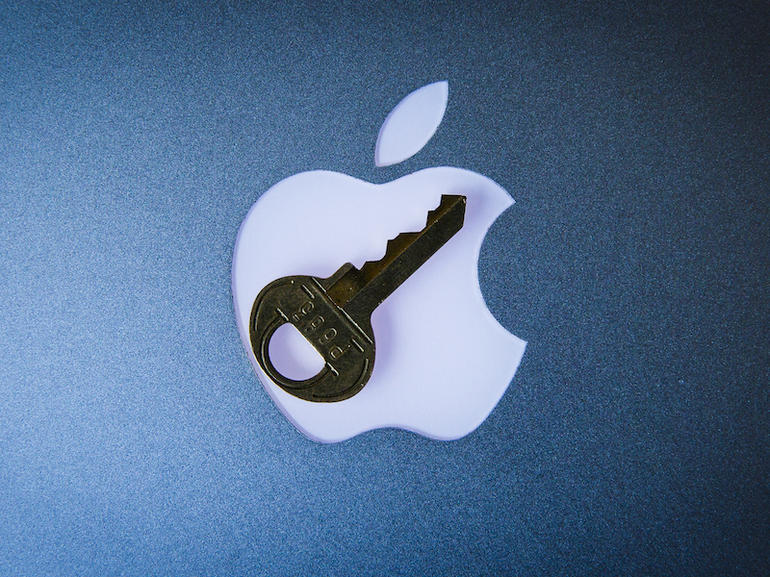In response to Apple’s appeal in the ongoing San Bernardino case, the Department of Justice (DOJ) is attempting to force Apple to provide the code that would bypass the security and unlock the iPhone 5C that belonged to the shooter. Apple is arguing that what the DOJ is demanding is against the 1789 All Writs Act, but it’s firing back claiming it could compel Apple to hand over the source code for iOS itself.

Photo courtesy of CNET.
The DOJ’s latest filing does not just suggest that Apple has ulterior motives, but it also accuses the company of constructing the entire controversy. The second sentence of the filing states: “This burden, which is not unreasonable, is the direct result of Apple’s deliberate marketing decision to engineer its products so that the government cannot search them, even with a warrant.”
It dismisses all of this as a marketing ploy, saying that Apple is threatening the American democracy. The file states: “Apple’s rhetoric is not only false, but also corrosive of the very institutions that are best able to safeguard our liberty and our rights: the courts, the Fourth Amendment, longstanding precedent and venerable laws, and the democratically elected branches of government.”
But Apple remains strong, explaining it is too dangerous to create this type of backdoor for the FBI.
The primary argument around the San Bernardino iPhone is whether or not providing software to unlock the 5C would be burdensome. Apple continues to argue that breaking the security protections that it builds into its devices is a huge burden, while the FBI says it is not. The government notes it is willing to work with Apple to find a method to reduce the burden of breaking into the iPhone.
The brief also states: “For the reasons discussed above, the FBI cannot itself modify the software on Farook’s iPhone without access to the source code and Apple’s private electronic signature. The government did not seek to compel Apple to turn those over, because it believed such a request would be less palatable to Apple. If Apple would prefer that course, however, that may provide an alternative that requires less labor by Apple programmers.”
Ladar Levison, Lavabit founder, argues that if Apple lost control of its key overall, the government could create “ghost” software that imitates Apple updates. And if the government succeeds, the public would no longer be able to differentiate between Apple’s true and compelled speech if both Apple’s software is signed by its own key and one taken by the FBI.
A court hearing regarding Apple’s objections is set for March 22.
Source: ExtremeTech
Advertisement
Learn more about Electronic Products Magazine





